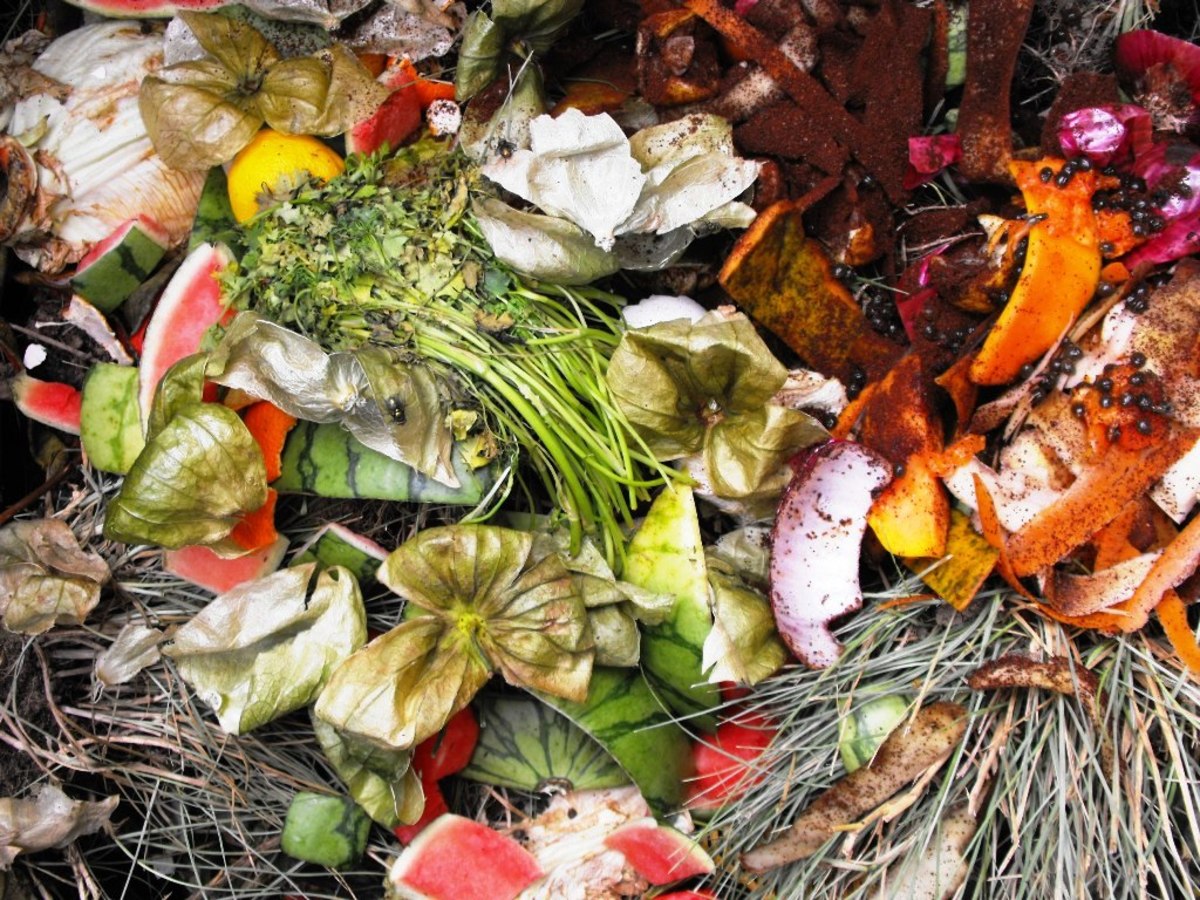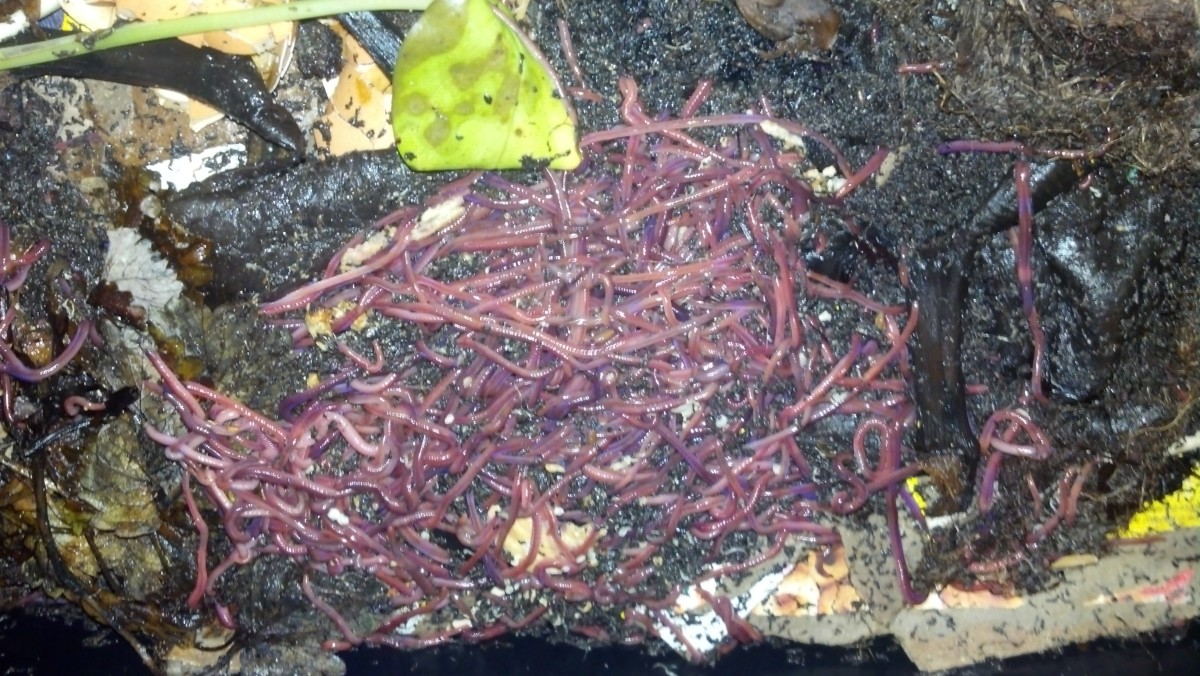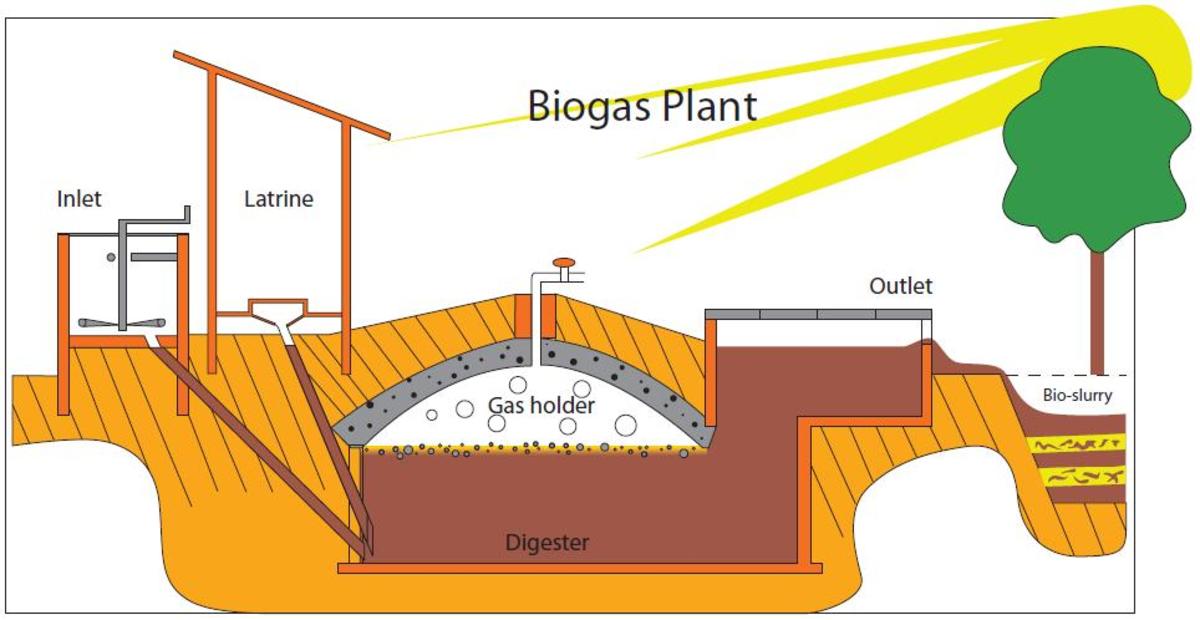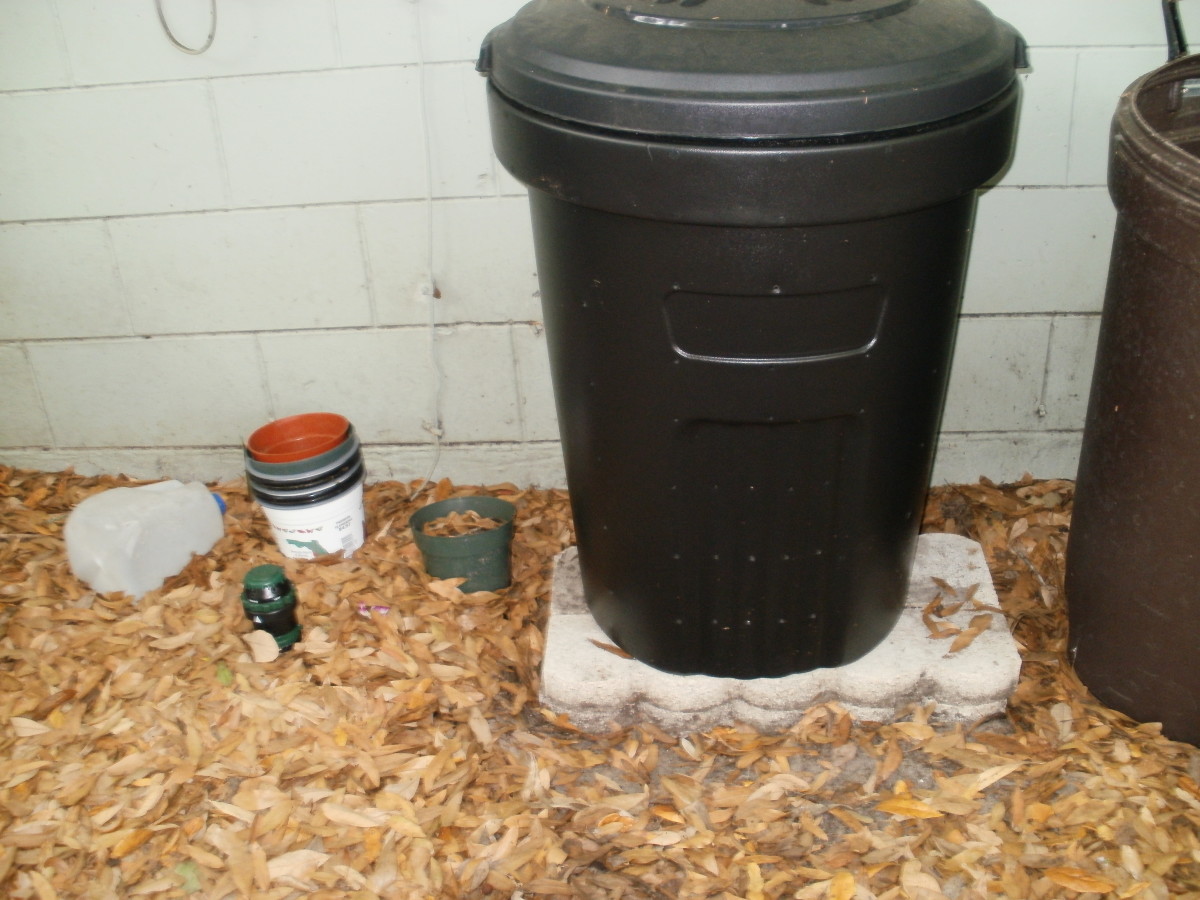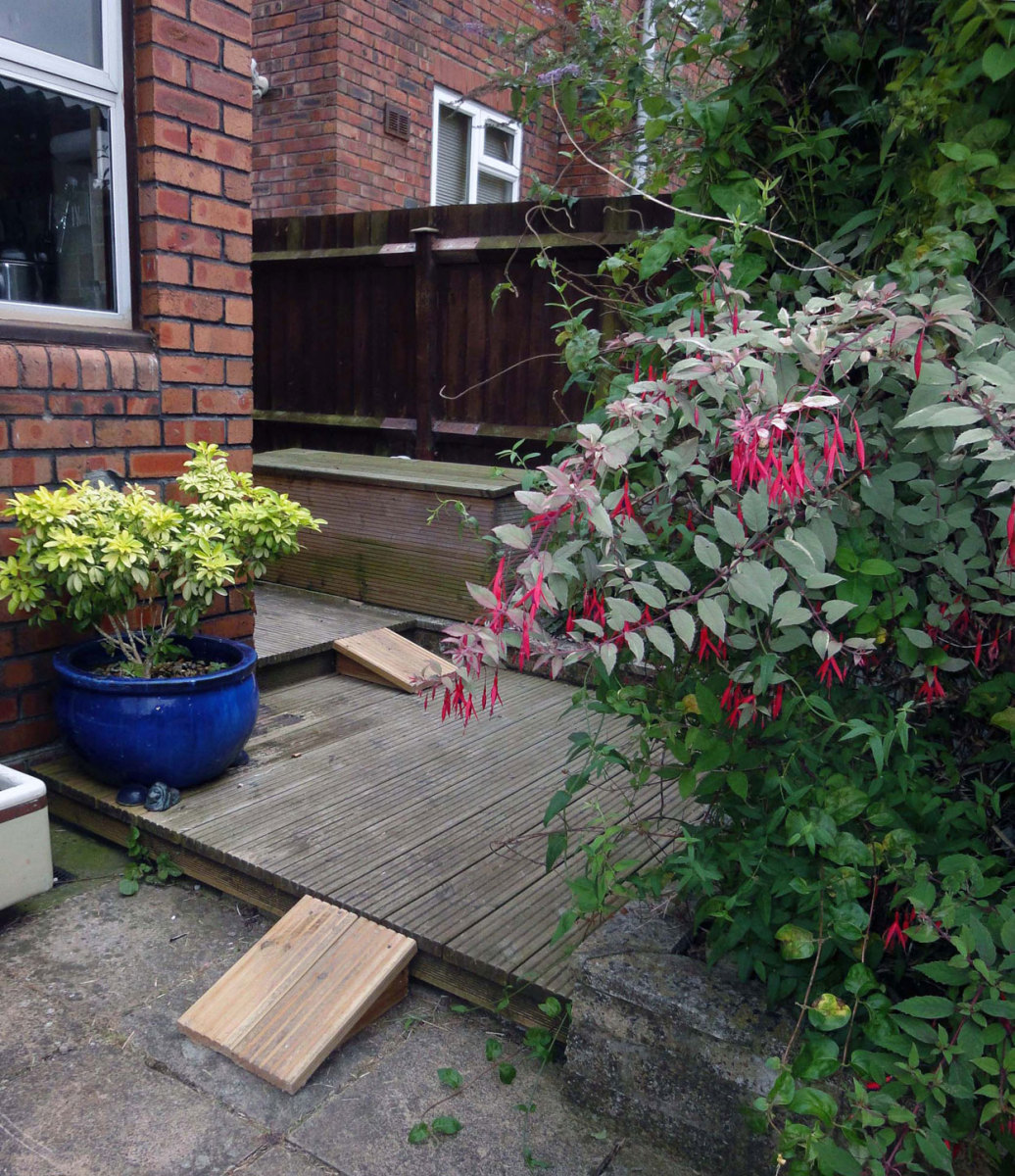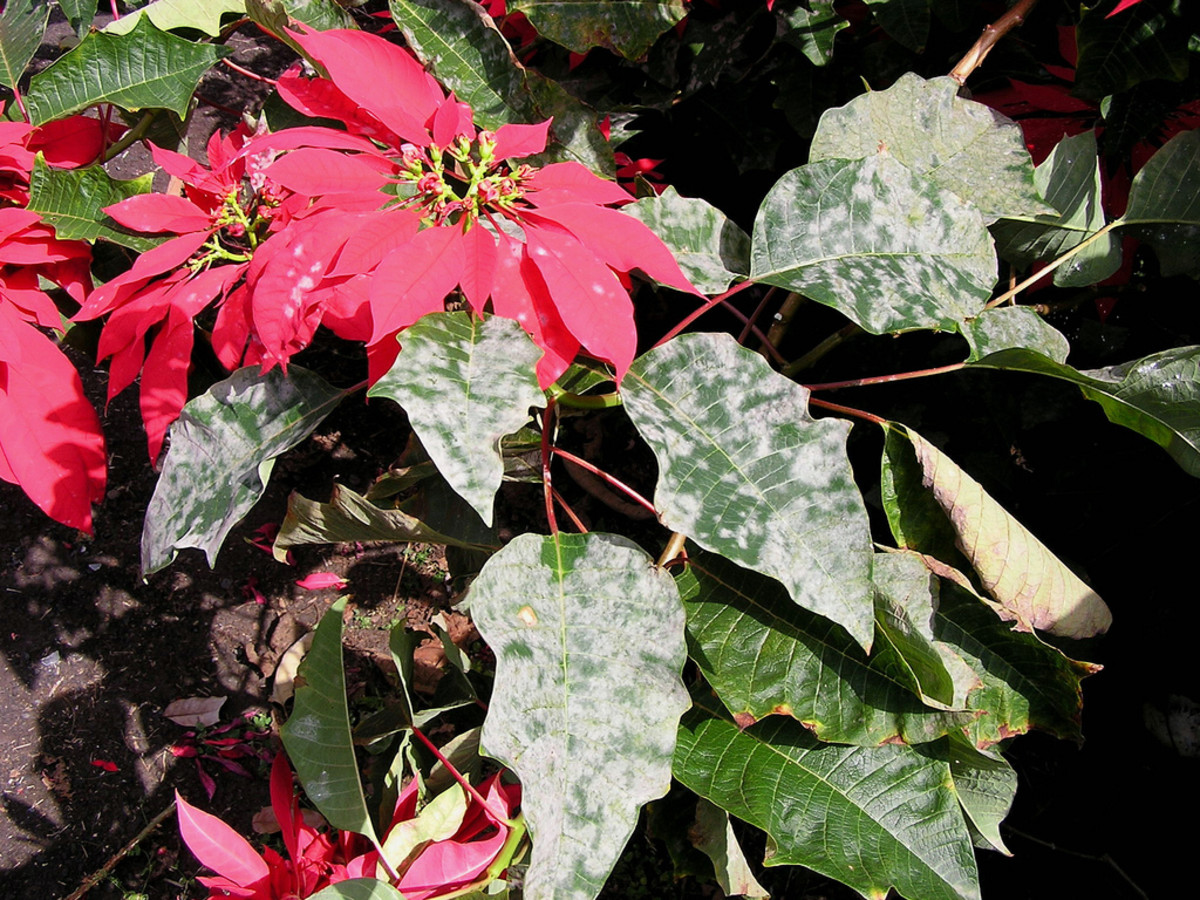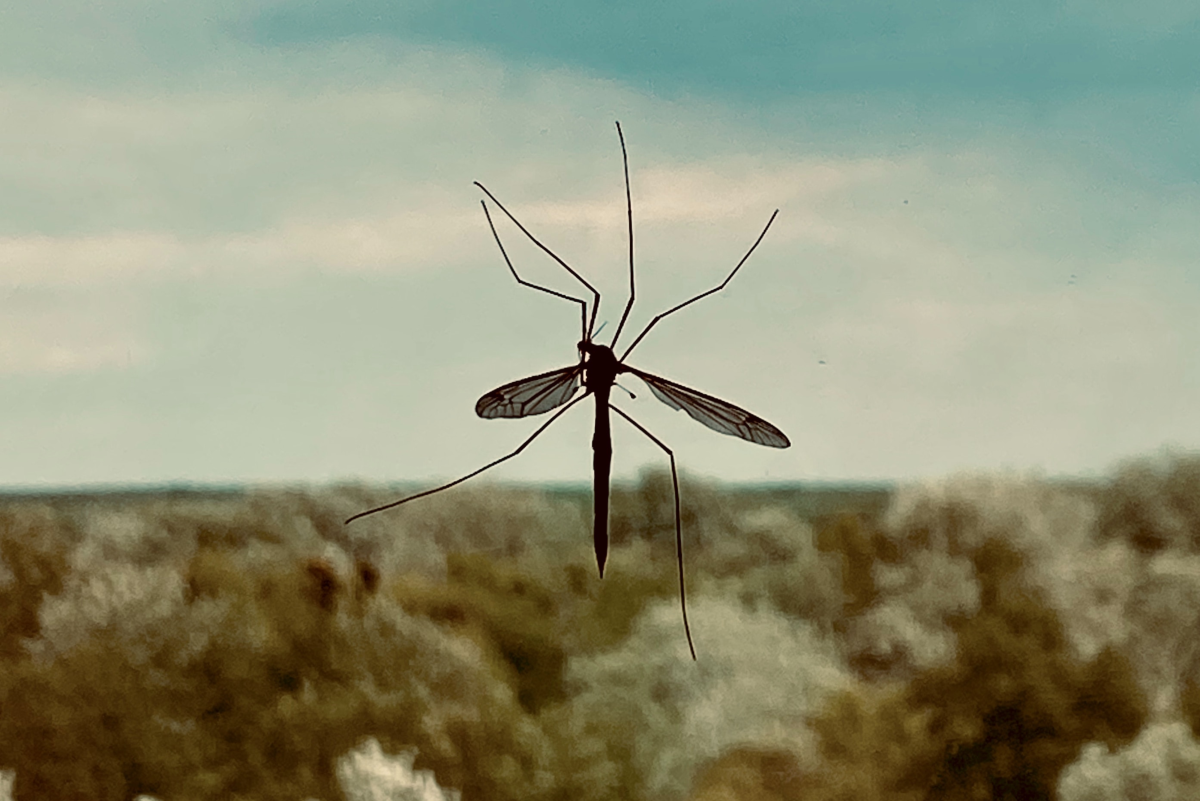Reduce, Re-Use, and Recycle, Using a Compost Bin
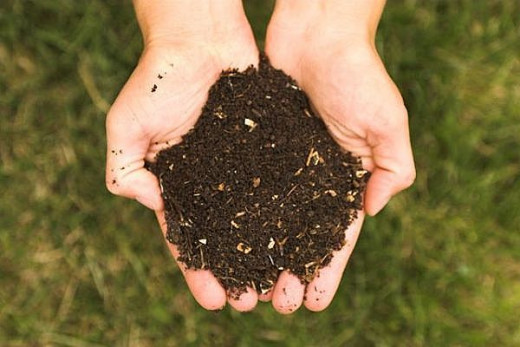
Composting benefits everybody
There are many advantages to composting your daily table scraps. If you are a gardener you will enjoy an abundant source of fresh organic matter to give your flower beds, and vegetable gardens. Compost will also give your grassy lawns a quick, healthy boost of nutrients. When fall comes around, all those leaves can be composted into an acid rich compost that is preferred by tomato plants. What I do is I use my leaf blower to mulch the leaves and then put a three to five inch layer of the mulched leaf matter on top of my vegetable garden patch. I then mow the rest with a mulching mower and leave it on the lawn to decompose into a natural fertilized for the grass. It works quite well and prevents organic matter from being unnecessarily deposited in our landfills. Excess organic matter in our landfills causes methane gas to be produced and eventually released into the atmosphere. Methane is a greenhouse grass.
If you have children, and your compost bin is set up properly, (which isn't difficult at all), then you will have a steady supply of worms to keep them entertained. Girls up to a certain age and boys(and men) of all ages love worms. Aside from being gooey and entertaining, the worms are working hard to turn your leftover table scraps into nutrient rich, black gold which can help any type of plants (including grass) to grow beautifully and thrive. Think of how much you'll save in fertilizer alone!
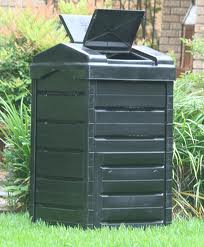
Where to begin?
1. Aquire a composter.
When I say "acquire" a composter, I mean you don't necessarily have to buy one, you can make one out of scrap materials you may have in your yard. Such materials can be old wood pallets or some chicken wire mesh, you can get really creative. There are many ideas out there, just type in composter into google images and you will see a bunch.
2. Fill it with organic materials.
What can you put into your composter to produce soil suitable for vegetable gardening?
Vegetable and fruit scraps, yogurt, rinsed off egg shells, crushed pistachio shells, shredded paper, moldy bread, dead headed flower and garden clippings, grass(not to much it smells), leaves, fruit juice that has gone bad, coffee grinds, tea grinds, paper towel rolls, cereal, cereal boxes, newspaper, dryer lint, sawdust, human hair and nail clippings(the human scent of these items keep away skunks and raccoons once spread on your land), urine, flat beer, flat soda pop, old cotton and wool clothing(cut up very well), old egg cartons, stale crackers, plain pasta, plain rice, etc....
Things you should not put into your composter:
Meat, oil, egg, animal feces, glass, plastic, sticks(sticks are a pain because it is difficult to mix the compost afterwards), household cleaner, walnut shells(toxic to some plants!)
3. Mix regularly and wait
The key is to mix the compost at least once a week. The compost can also not become to dry, also it must not be soaked with water, It must be moist enough to encourage the natural "cooking" process of nature. As all the organic matter you put into the composter begins to break down, natural organisms, such as worms, begin to eat these items and turn them into nutrient rich soil. Once your compost is ready you can use it right away or just keep adding to the box in order to keep the process going.
Mother nature will thank you
Between composting organic waste, and recycling glass, and plastic, you can cut your waste destined for the landfill by almost 75%. Not only will you be contributing less to overflowing landfills, but you will also reap the benefits of not needing to buy fertilizer. You also get money back from the bottles and cans that have refunds.
It's a win-win situation people, you should look into it, you'll agree that it is worth the extra little effort to become a little more conscious of how much we throw away and how much more self-sustainable we could become if we tried.
This content is accurate and true to the best of the author’s knowledge and is not meant to substitute for formal and individualized advice from a qualified professional.
© 2012 Ardot

